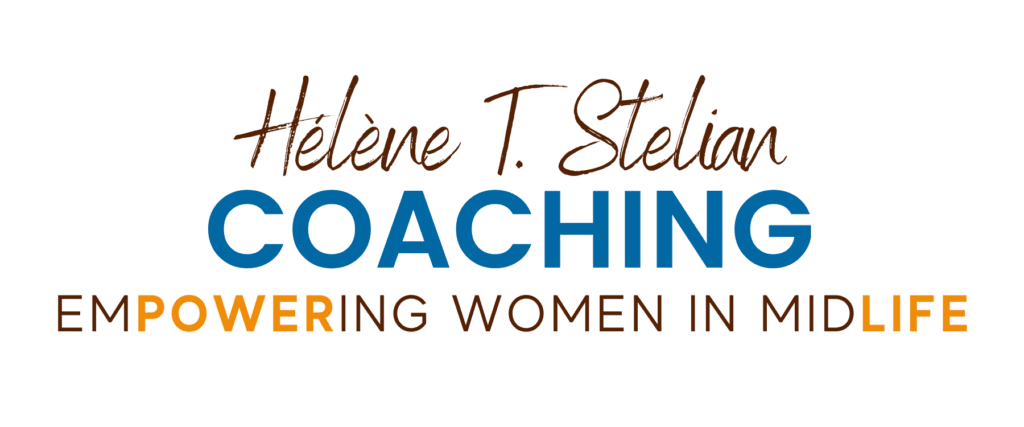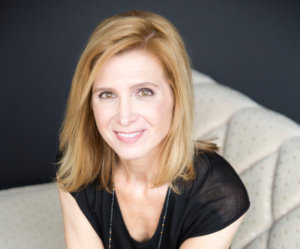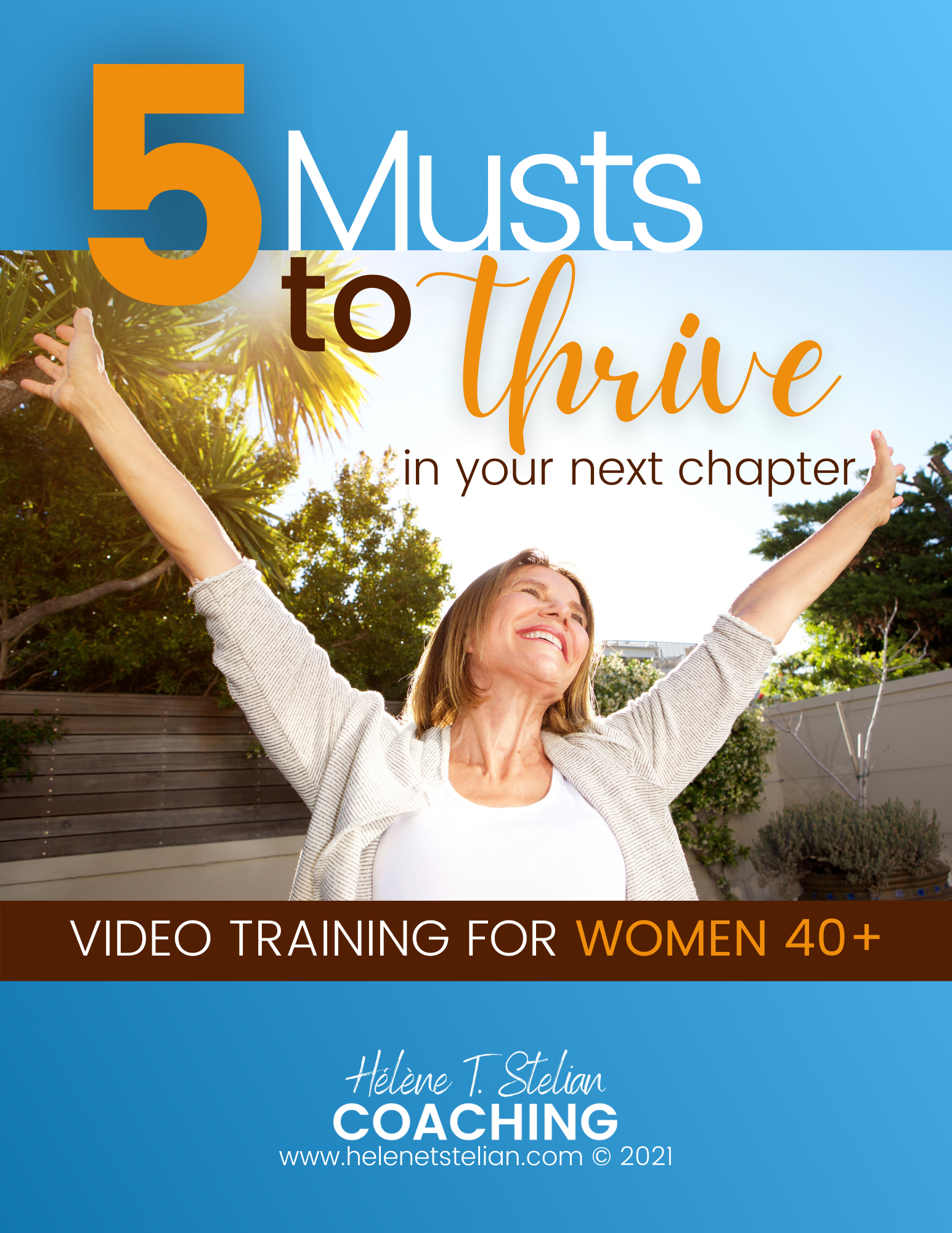You are a specialist in treating eating disorders, yet your new book, The Girl in the Red Boots: Making Peace with My Mother, deals with mother-daughter relationships. What led you to this topic?
My interest in the mother-daughter relationship pre-dates my involvement in eating disorders—in fact, I might say I’ve been obsessed with mothering for decades. I wrote my PhD dissertation on The Effects of Maternal Employment on Children’s Social Emotional Adjustment back in the ‘70s when women were just entering the labor force. At that time mothers were discouraged from working when they had small children. As a young mother myself, my research helped me sort out my own conflict. I have always found writing helps me think through my own dilemmas.
I met my first anorexic patient when I was just out of graduate school at my first job. I knew nothing about eating disorders but I immediately got supervision and began training. I quickly saw the importance of parents in the process of recovery and I’ve been working with families for decades.
I’m particularly distressed by the fact that mothers are often blamed for children’s problems, especially for eating disorders. There is no one reason a person develops an eating disorder. All eating disorders—i.e., anorexia, bulimia, binge eating, ARFID are the tip of an emotional iceberg, always fueled by emotional issues. Abuse and neglect are often triggers. So are issues around abandonment, loss, and control. Parents may or may be at the root of the problem, however they are always an important part of the recovery process. “Train don’t blame parents” is my philosophy.

Do you believe that the traumas of ordinary life can leave lasting scars?
We need to unpack some of these confusing phrases.
The definition of the word “trauma” depends on who you speak to. I define trauma as any experience that overwhelms the brain’s ability to cope, whether that is a big catastrophic event or an accumulation of smaller distressing events. Traumatic events, big and small, can leave one feeling helpless. A traumatic event activates stress chemicals in our nervous system and unprocessed traumas can easily and unpredictably be activated.
The “traumas of ordinary life” is a confusing term. Ordinary life has multiple challenges and stresses which are usually not considered traumas. Failing a test or not getting into your first-choice college is not, by standard definition a trauma—but for certain people it might be traumatic if they have a trauma history. Is finding out your parent is gay a trauma? The answer: It depends. What about living though a parent’s difficult divorce or coping with a grandparent’s death—these are actually common life experiences but, depending on the specific relationship, can be traumatic.
Multiple factors determine how an event is experienced, especially the specific context of the event and previous trauma history. Recently Monica Lewinsky was interviewed about trauma and she quoted André Malraux, the French writer, “You don’t come back from hell unscarred.” Hell is different for all of us.
Does one have to be victim of cataclysmic abuse to have been traumatized?
Most trauma and abuse feels cataclysmic to the sufferer. The definition of trauma includes shutting down which is always damaging. While emotional abuse, neglect, and chronic mis-attunement are frequently unrecognized or minimized, these experiences can be traumatic. The impact of a cruel boss may differ from that of a rageful parent, but both may be abusive and all abuse is damaging.
In the book, you describe ambivalent feelings towards your mother that left you wounded at times. Did writing this book prove to be cathartic?
Writing the book offered me the opportunity to slowly revisit and reflect upon my mother’s life and our relationship. Writing allowed me to expand my consciousness. I recall reflecting after writing the line, “My mother was born in 1918, two years before women won the right to vote.” I had known this historical fact, but in the writing, I mulled it over and digested the powerlessness of women of her generation. This is a good example of how reexamining my relationship with my mother expanded my perspective and I found a new level of compassion and respect for my mother.
For the many readers who struggle in their relationships with their own mothers, what is your top advice for them to get to a place of healing, and does healing have to mean reconciliation?
Healing requires first, an acceptance of what is. At the end of my book I wrote “Grief has been my teacher.” It’s easier for many of us to be angry at what we don’t have than to be sad. Mourning what we have lost is never easy, but important. Healing a relationship usually requires we make room for loss, sadness, regret, and anger. It’s important to befriend all our feelings. Ask yourself, what does my struggle want to teach me? What do I have to learn now?
A ruptured relationship is always an opportunity for repair. But someone must make the first move for things to change. Are you ready to be the initiator? Weigh the potential gains and losses. Evaluate the risks and reward of reaching out and possibly facing rejection. Is it better to reach out and fail or protect yourself from disappointment by doing nothing? These are tough questions.
If you have experienced many failed attempts at reconciliation and repair, you may want to consider speaking with a trusted friend or relative, or with a professional therapist, before reaching out again. Think through how to begin without rehashing gripes. Making a timeline pinpointing critical events, incidents, or conversations can be helpful. Be sure to include positives as well as negatives. Letting your mother know you have good reason to be hopeful can be a good way to begin.
Mother’s Day can be bittersweet holiday for some. As a therapist, what advice would you offer a patient struggling with conflicting feelings about their mothers?
Whether you mother is living or dead, you might want to sit down and write a letter—one you may choose to send or keep private. Writing an unsent letter can be a gift to yourself: It may help you revisit, reassess, and be with what has happened in your relationship. Here are some ideas how to start.
Begin with, something like this: “Dear Mom, Even though things have been tough between us, I want to reach out to you and open the door to reconnecting.”
Write as much or as little as you want. Remember, you don’t have to send this letter.
You may want to begin differently: “Mom, your legacy to me is…….” Take a deep breath and think about what it is you have gotten, inherited, or absorbed by osmosis from the woman who mothered you—for better or worse.
When people think deeply about what they did and didn’t get from their mothers, they often tap into unexpected wells of experience. At the end of my book I wrote, “I have gone from The Disappointed Daughter to the Grateful Daughter,” and “while my resentments have not disappeared they are rebalanced with my sense of admiration for my imperfect mother.”
In addition to your book, what other resources on mother-daughter relationships do you recommend?
My Name is Lucy Barton by Elizabeth Strout
The Joy Luck Club by Amy Tan
The New Don’t Blame Mother: Mending the Mother-Daughter Relationship by Paula Caplan, PhD
I Am My Mother’s Daughter: Making Peace With Mom Before It’s Too Late by Iris Krasnow, PhD
No More Drama With Mama by Gayle Kirschenbaum
Being My Mother’s Daughter by Holly Charles
Connect with Dr. Judith Ruskay Rabinor
Contact page: https://judithruskayrabinorphd.com/contact/
Book: The Girl in the Red Boots: Making Peace with My Mother
Other books:
A Starving Madness: Tales of Hunger, Hope and Healing in Psychotherapy
Befriending Your Ex After Divorce: Making Life Better for You, Your Kids and Yes, Your Ex
Website: https://judithruskayrabinorphd.com/
Social media links:
Facebook: https://www.facebook.com/girlinredboots
Twitter: https://twitter.com/DrJudyRabinor
LinkedIn: https://www.linkedin.com/in/drjudyrabinor/
Instagram: https://www.instagram.com/drjudyrabinor/
ABOUT THE AUTHOR:
Judith Ruskay Rabinor, PhD, is a clinician, author, writing coach, speaker, and workshop leader. In addition to her New York City private psychotherapy practice, she offers remote consultations for writers, clinicians and families. She has published dozens of articles for both the public and professionals and has authored three books, The Girl in the Red Boots: Making Peace with My Mother (She Writes Press, 2021), A Starving Madness: Tales of Hunger, Hope and Healing in Psychotherapy (Gurze Books, 2002) and Befriending Your Ex After Divorce: Making Life Better for You, Your Kids and Yes, Your Ex (New Harbinger Publications, 2012). A sought-after speaker and workshop leader, Judy speaks at national and international mental health conferences and runs workshops at spas, colleges and universities and retreat centers.







0 Comments